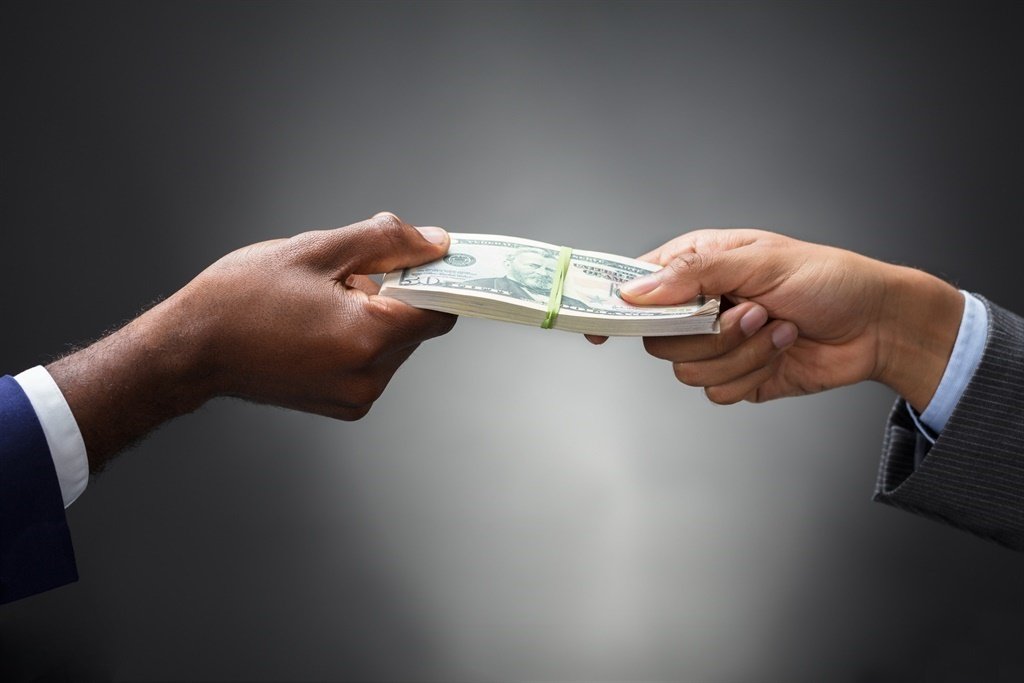Betting powerhouse SportPesa has been sucking revenues out of its lucrative Kenyan market by paying billions of shillings to a software development company it owns in the UK – an arrangement that has significantly reduced its tax bills.
An investigation by Finance Uncovered and the Daily Nation has found that the British company, SPS Sportsoft, has been providing software services to SportPesa’s Kenyan operation, Pevans East Africa, which some experts believe is a staggering mark-up of more than 400 per cent since 2017.
According to its annual statements, SPS billed Pevans £42 million (Sh5.5 billion) for “IT and services” over two years alone.
Yet its UK costs were so low that its total pre-tax profits in that time were £33 million (Sh4.3 billion), a profit margin of 77per cent.
The arrangement could have reduced SportPesa’s profitability in Kenya, where the firm would be taxed at 30 per cent, and shifted the revenues to the UK, where corporation tax is just 19 per cent.
At the same time, SPS has also relied on the provisions of a 43-year old ‘double taxation’ treaty between the UK and Kenya to massively reduce its British tax bill.
It has enabled SportPesa to build a profits reserve in the UK of £22 million (Sh2.8 billion), according to its 2018 accounts – its most recent filing – a nest egg that could be used to invest in its business or to pay dividends to the firm’s shareholders.
SportPesa said it had a “revenue share” arrangement between its UK and Kenyan companies and that it was standard practice for the online betting industry. The company said it abided by all legal and accounting principles.
But tax experts have raised questions about the pricing arrangement.
An official at the Kenya Revenue Authority (KRA) said after reviewing SPS Sportsoft’s financial statements, there appeared to be clear “overcharging”.
SportPesa’s business activities are fully compliant with all tax and legal frameworks in the countries and regions in which we operate.”
A SportPesa spokesperson said: “It is factually incorrect to suggest that Pevans East Africa has been overcharged by SPS Sportsoft. SPS Sportsoft’s software development and operational costs are in line with industry norms.”
“SportPesa’s business activities are fully compliant with all tax and legal frameworks in the countries and regions in which we operate.”
SportPesa lost its Kenya betting licence last July before it announced it was withdrawing from the country last September in response to what it called “the hostile taxation and operating environment in the country”.
Since being founded by Bulgarian investors in 2014, SportPesa has recorded phenomenal growth by tapping into a craze for online betting among Kenyans and the ease of micro-payments through mobile money services.
Having established a dominant position in Kenya, in 2017 it signalled its global ambitions by signing a major shirt sponsorship deal with English Premier League club Everton FC.
It also opened a new European headquarters in the iconic Liver Building on Liverpool’s waterfront. To facilitate its UK operations, SportPesa created a new corporate structure with the main entity being SPS Sportsoft, which now employs 70 people.
SPS is owned by SportPesa Global Holdings Ltd, another UK company, which collects all the profits recorded in the UK, and which in turn is largely owned by the same shareholders as Pevans.
From Africa to Europe
The SportPesa bosses decided that SPS would provide software services to Pevans, allowing it to transfer money from Africa to Europe. The funding for this European set-up would come almost entirely from Kenyan gamblers.
But tax experts who have reviewed the companies’ accounts believe there are concerns about the level of profits being recorded in the UK. Determining precisely what SPS does to earn its revenues is key.
According to SPS’s website, the company is a “growing global technology and entertainment group focused on sport and entertainment news”.
Its annual accounts say SPS “provides IT and services related to the procurement of associated IT” for customers. These were exclusively its own sister companies, principally Pevans East Africa in Kenya.
In the 21 months to December 2018, 97 per cent of its £43.5 million (Sh5.7 billion) revenue was derived from Pevans.
After Finance Uncovered posed a series of questions to SportPesa, it engaged one of the world’s biggest corporate advisory firms, FTI Consulting, to help provide answers. Finance Uncovered was told: “Gaming software platforms are typically provided on a software as a service (SaaS) basis.
“Competitive platform provision from established, reliable global providers is in revenue share terms and varies in the ranges between 15 per cent and 50 per cent revenue share contribution. “This revenue share is in line with industry best practice within the lowest possible limits to ensure compliance with the transfer pricing principles in both the UK and Kenya.”
This suggests that whenever punters in Kenya place a bet, they access a software driven gaming platform, which SportPesa says has, at least in part, been developed or is overseen by SPS in the UK.
As a reward for this service, a significant percentage of that bet could be allocated to the British company.
SportPesa declined to say how and where the gaming platform was provided in the hugely successful period before it created the UK company in 2017.
The issue of ‘transfer pricing’ is crucial in the fight to ensure multinational companies pay fair levels of tax.
Many multinationals have in the past been able to legally manipulate the prices they charge their own companies in different countries to shift profits out of higher tax jurisdictions.
When they do this, companies are meant to set a “comparable” or realistic price for intra-group trading abiding by a so-called “arm’s length principle”.
Finance Uncovered asked SportPesa to provide more details of its internal charging mechanism. But it declined to comment.
If SPS had developed its own proprietary software, it would be possible to see this recorded as an intellectual property (IP) asset on its balance sheet.
But its filed accounts for 2017 and 2018 do not show any such asset. This suggests it is buying software from elsewhere before possibly managing or adapting it in some way and then reselling it to Pevans in Kenya for an extraordinary mark-up.
Finance Uncovered also approached some of the world’s leading accountancy and consulting companies, including KPMG and Deloitte, for expert insight into how such transfer pricing mechanisms might operate in the online betting industry.
None were willing to help.
A SportPesa spokesman said: “Payments to SPS Sportsoft by its sister companies are governed by transfer pricing policies, which have been reviewed by the relevant tax authorities.”
A betting executive with experience in both the UK and African markets said there was some sense in SportPesa’s explanation.
He said: “Most betting operators I know use a platform built by somebody else, and will pay them a licence fee for doing so. Licence fees are done on a revenue share basis, and most deals I have seen would be in the 20-30 per cent revenue share range.”
But asked whether one company in a betting group would normally source software at low cost on behalf of another company in the same group and then charge a 400 per cent mark-up on it, the executive said such practice was questionable.
Fair tax campaigner Richard Murphy, visiting professor of accounting at Sheffield University Management School, reviewed SPS’s financial statements for this article. He said: “Software as a service requires substantial upfront investment of effort and risk, for which a developer would expect a return of maybe 20-25 per cent. But it doesn’t look like that’s the case here because the UK software company started up after the Kenyan operation began.
“This does not look like a software developer or even owner in that case; it looks more like a software reseller at an extraordinary mark-up of 400 per cent or so.
More cheaply
“That is way beyond the normal boundaries of possibility for software as a service. It poses the simple question as to why this software could not have been bought vastly more cheaply by the operating companies in Kenya? “
Tommaso Faccio, who spent eight years as a transfer pricing adviser at Ernst & Young and then Deloitte in the UK, also reviewed the SPS accounts.
He said: “If SPS has developed its own unique software product in the UK or acquired it from a third party with a significant investment, then I would agree that a 15 per cent revenue share agreement could be appropriate. But as the company does not have any intangible assets such as IP recorded in its 2018 accounts, it could be simply buying software services from someone else and reselling it. In that case, a ‘cost-plus’ deal, with a 15-20 per cent mark-up on its UK costs, makes much more sense. Otherwise, why would the Kenyan company pay tens of millions of pounds a year to SPS as revenue share when it could just buy the software services directly?”
The analysis of the SPS accounts also revealed a further twist.
Despite recording £33 million (Sh4.3 billion) in pre-tax profits in the UK since 2017, the company has paid just £658,000 (Sh85.5 million) in corporation tax to the British exchequer, Her Majesty’s Revenue and Customs.
Although its tax bill from HMRC was £6.4 million (Sh858 million) for the period, it was able to offset almost all of that by making use of the 1977 Double Taxation Treaty between the UK and Kenya.
Such treaties are common and were designed to help companies legally avoid paying taxes on the same revenue streams in different countries. In SportPesa’s case, every time Pevans in Kenya pays SPS in the UK, KRA charges a 15 per cent withholding tax.
Pevans then pays that to KRA, and SPS is then able to present a ‘tax paid’ certificate to HMRC.
The amount of withholding tax paid is deducted from the HMRC bill. In 2018, the bill from HMRC was £2.9 million (Sh377 million). SPS then presented certificates from Kenya showing £3.1 million (Sh403 million) paid in withholding tax. That meant SPS actually received a small tax credit from HMRC.
It also meant SPS’s post-tax profits were £11.9 million (Sh1.5 billion), almost all of which was then transferred to SportPesa’s UK holding company in the form of dividends.
A SportPesa spokesman said: “No director or shareholder of SportPesa or its affiliate companies has to date received dividends in their individual capacity from SPS Sportsoft or from SportPesa Global Holdings. Inter-company dividends declared and paid by SPS Sportsoft have been re-invested into various sections of the business to drive growth.”
On tax, they said: “SportPesa’s business activities are fully compliant with all tax and legal frameworks in the countries and regions in which we operate. SportPesa paid USD63 million in taxes to the KRA in 2018 – which was equivalent to 32 per cent of its revenues that year. SportPesa, in the same year, was awarded the Top Taxpayer and Compliance Award by the KRA.” They did not provide a breakdown of what taxes make up these headline tax amounts.
Mr Jason Braganza, a Kenyan development economist and tax programme director with the pro-bono legal charity International Lawyers Project, said SportPesa was benefiting from a double taxation treaty written in 1977, well before the rise of the digital economy and the more complex transactions it poses.
He said: “It is in need of reviewing and updating to conform to the international standards. “Online transactions and the treatment of digital services for digital economy activity provide significant loopholes for multinational companies.
“It is a timely reminder for developing countries to review and renegotiate their tax treaties with developed countries.”
A KRA spokesperson said due to ongoing court disputes with SportPesa on separate matters, they could not comment.
A spokesperson for the HMRC said they did not comment on individual companies.
The 2019 financial statements for SPS and SportPesa Global are due to be released publicly in the UK at the end of this year.
Financials for Pevans have never been released because the company is under no obligation in Kenya to do so. It declined to share them with the Daily Nation and Finance Uncovered.
* Lionel Faull is chief reporter for Finance Uncovered. This article was developed with the support of the Money Trail Project and first published on Nation Africa.
Kenya Insights allows guest blogging, if you want to be published on Kenya’s most authoritative and accurate blog, have an expose, news TIPS, story angles, human interest stories, drop us an email on [email protected] or via Telegram
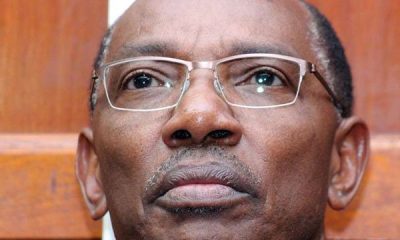
 Investigations2 weeks ago
Investigations2 weeks ago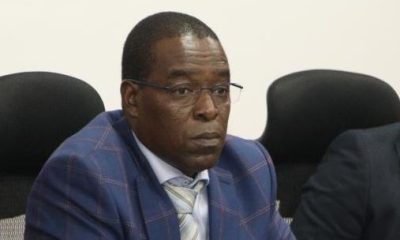
 Investigations2 weeks ago
Investigations2 weeks ago
 Investigations2 weeks ago
Investigations2 weeks ago
 Investigations1 day ago
Investigations1 day ago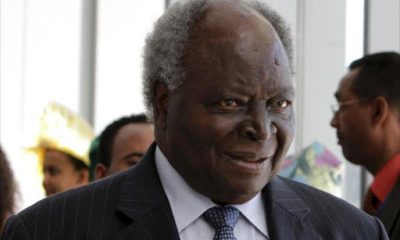
 Investigations2 weeks ago
Investigations2 weeks ago
 Investigations2 weeks ago
Investigations2 weeks ago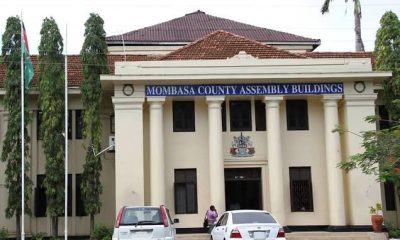
 Investigations2 weeks ago
Investigations2 weeks ago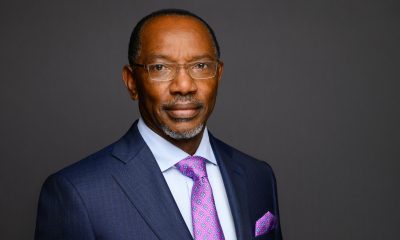
 Business1 week ago
Business1 week ago
